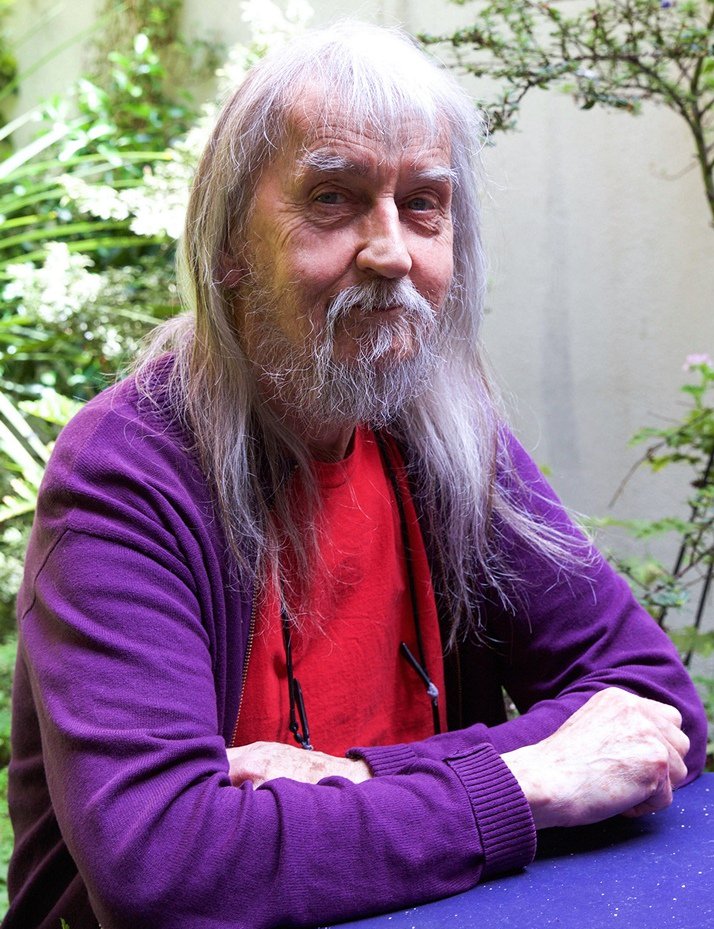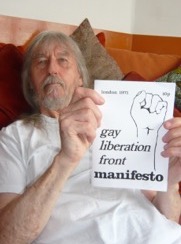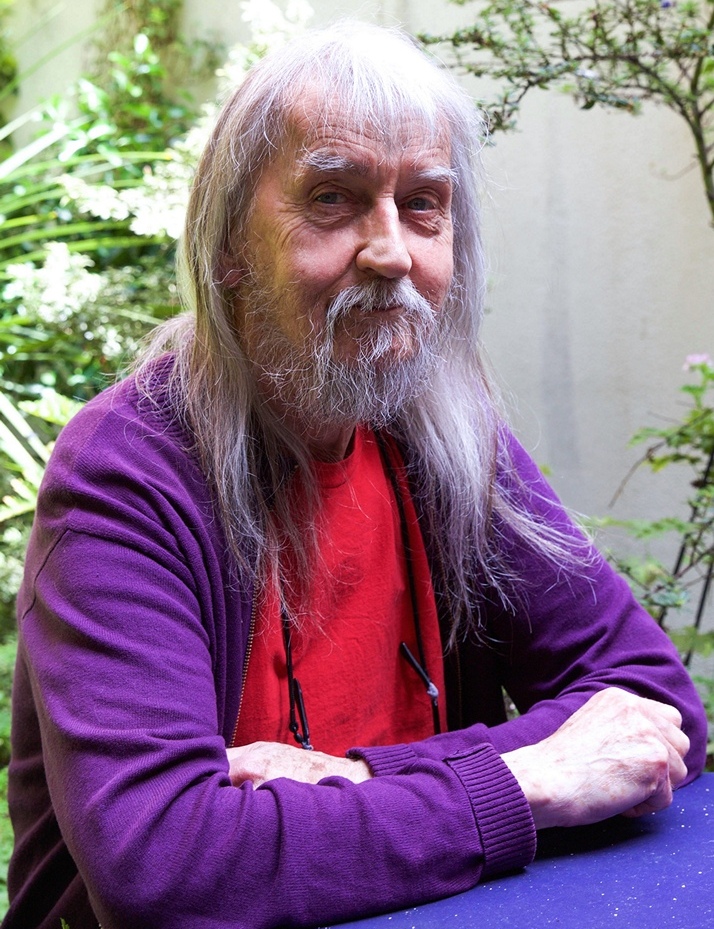UK gay rights pioneer Alan Wakeman dies


The Gay Liberation Front, the UK’s first radical LGBT group, attracted a volatile assortment of revolutionaries, idealists, druggies, eccentrics and free thinkers.
Alan Wakeman, who died suddenly on 8th August at the age of 79, was most of the above. From the time he discovered the GLF, weeks after it was founded at the London School of Economics on 13th October, 1970, he was a changed man, a campaigner for gay rights who would now be called out and proud. The GLF broke up in disarray after only three years; but Alan kept its flag flying to the day he died. He was erudite, progressive and argumentative, but above all he was a good person of whom the LGBT community can be extremely proud.
Alan was born in London but moved when he was five to Coulsdon in Surrey, where he encountered a lusty young farmhand with his shirt off. He experienced “a powerful mysterious instinct to touch, to caress, to… what? I didn’t know.” Alan left school at 15 to work as an office boy in an architectural office, a job that ended when he was called up for National Service. After serving for two years with the RAF in Ceylon, he returned to architecture in London, but became infatuated with a straight male colleague and dropped out to become an English tutor in the South of France. He continued to teach when he returned to the UK.
In 1970 he “overheard one of the teachers in high dudgeon about the fact that these appalling homosexual perverts were holding meetings in an arts centre in Covent Garden.” The GLF suited Alan, because he didn’t like the hedonistic gay scene that had developed after the partial decriminalisation of homosexuality in 1967.
“It all felt wrong until GLF happened and that suddenly felt right,” Alan told me. “Part of me felt I’d been waiting all my life for this.” At the GLF, Alan learned that he should be glad to be gay. In 1971 he took part in the first GLF march, which down the years developed into the annual festival that is now Pride.

Alan’s own achievements include in 1972 writing and recording A Gay Song, which he believed was the world’s first, and writing the play Ships for Gay Sweatshop’s first season of gay plays in 1975. His many other books include The Vegan Cookbook (1986) and he also wrote more plays for stage and radio. His autobiography, Fragments of Joy and Sorrow: Memoir of a Reluctant Revolutionary, was published earlier this year.
The “sorrow” in that title refers to the end of his fourteen-year relationship with Peter Granger, who was killed in a road accident in 1986. “I was almost overwhelmed with grief for years,” Alan wrote, “until I conceived the idea of writing and publishing a poem to celebrate the joy and privilege of knowing the best and most beautiful man that ever lived.” Beloved Friend was published in 1989.
Words by David McGillivray
